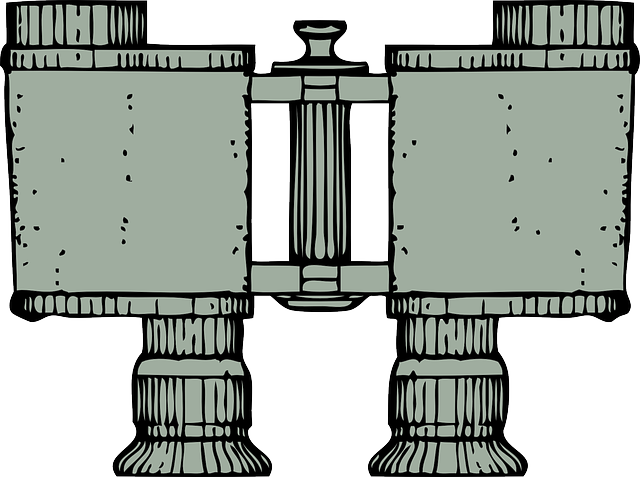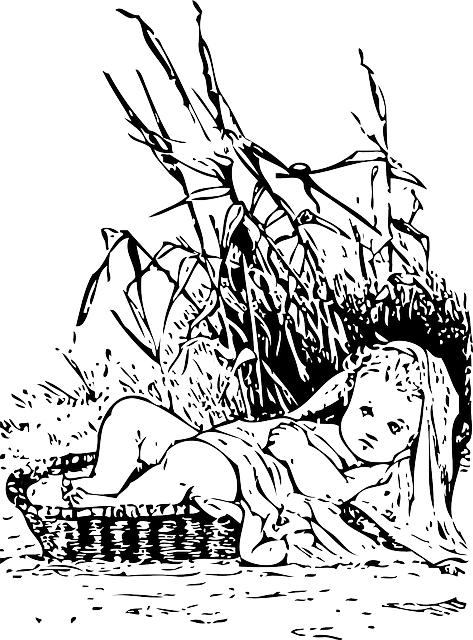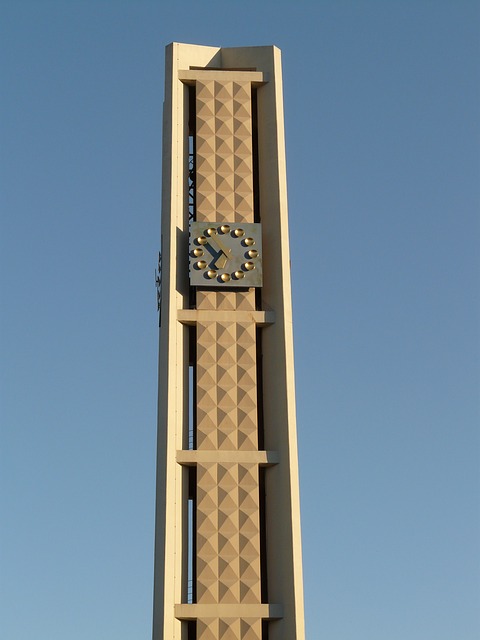نرسه
| Narseh 𐭭𐭥𐭮𐭧𐭩 | |
|---|---|
|
"King of kings of Iran and Aniran" (Middle Persian: Sāhānšāh Ērān ud Anērān)
| |
| Coin of Narseh | |
| ملك أرمينيا | |
| الحكم | 273–293 |
| سبقه | هرمز الأول |
| تبعه | Unknown |
| Shahanshah of the Sasanian Empire | |
| الحكم | 293–302 |
| سبقه | بهرام الثالث |
| تبعه | هرمز الثاني |
| الأنجال |
هرمز الثاني Hormizddukhtak |
| البيت الملكي | House of Sasan |
| الأب | Shapur I |
| الأم | Gurdzad |
| وُلِد | Between 228-233 |
| توفي | 302 (aged 69-74) |
| الديانة | الزرادشتية |
Narseh (الفارسية المتوسطة: 𐭭𐭥𐭮𐭧𐭩 فارسية: : نرسه, Narsē, whose name is also sometimes written as Narses or Narseus) was the seventh Sasanian king of Ērānshahr (293–302). He was the son of Shapur I (240–270).
During the rule of his father Shapur I, Narseh had served as the governor of Sakastan, Sindh and Turan. Prior to becoming King of Persia, he held the title of "Great King of Armenia". Narseh overthrew the increasingly unpopular Bahram III in 293 with the support of most of the nobility. The circumstances of Narseh's rise to power are detailed in the Paikuli inscription. Narseh was known for his tolerance of other religions.
Etymology
The name of Narseh stems from the Old Iranian theophoric name of *naryasa(n)ha-, meaning "men’s praise". Narseh's name is listed as nrshy in Middle Persian and nryshw in Parthian on the Paikuli inscription and Naqsh-e Rustam. The Greek version of his name is also listed in the inscriptions, as Narsaiēs or Narsaios. However, other Greek sources generally spell his name as Narses. The name of Narseh is known in other languages as; Latin Narseus; Syriac Nrsy; Arabic Narsi; Armenian Nerseh; Coptic Narsaph.
Early life and accession
Narseh is quoted in an inscription by his father Shapur I as the governor of Sindh, of Sakastan and Turan. Narseh was later appointed as governor of Armenia. Following the death of Bahram II in 293 CE, his son Bahram III was proclaimed king in Pars by a group of nobles led by Wahnam and supported by Adurfarrobay, governor of Mesan. However, Bahram III was considered a weak ruler by the other nobles, who decided to pledge allegiance to Narseh, the last remaining son of Shapur, and someone who was perceived as being a stronger leader and one who would be able to bring glory to Persia. Four months into Bahram's reign, Narseh was summoned to Ctesiphon at the request of many members of the Persian nobility. According to the Paikuli inscription these nobles swore their total allegiance to him there and asked that he take the throne. In a brief revolt, Wahnam was captured and executed and Bahram was removed from the throne. It is assumed that Bahram was also killed in the uprising, but there is no documentation of this and so his fate remains uncertain.
Reign
During Narseh's time, Rome was ruled by Diocletian and it was with Diocletian and his son-in-law Galerius that Narseh was engaged in eight years of constant warfare.
In 296, fed up with incursions made by the Armenian monarch Tiridates III, Narseh invaded Armenia. Surprised by the sudden attack, Tiridates fled his kingdom. Diocletian dispatched his son-in-law Galerius with a large army to Tiridates's aid.
Galerius invaded Mesopotamia, which Narseh had occupied hoping to check his advance. Three battles were fought subsequently, the first two of which were indecisive. In the third fought at Callinicum, Galerius suffered a complete defeat and was forced to retreat. Galerius crossed the Euphrates into Syria to join his father-in-law Diocletian at Antioch. On his arrival at Antioch, Galerius was rebuked by Diocletian who disgraced him for his shameful defeat at the hands of Narseh. Vowing to take revenge, Galerius made preparations throughout the winter of 297 and invaded Armenia with 25,000 men.
Supported by the Armenians, Galerius surprised Narseh in his camp at the Battle of Satala and inflicted a crushing defeat on the latter, forcing him to flee in haste. His wife, prisoners, his sisters and a number of his children were captured apart from his prodigious military chest. Eastern Mesopotamia was recovered by the Romans and Tiridates was reinstated as the monarch of Armenia.
Anxious to make peace with the Romans, Narseh dispatched his envoy Aphraban to Galerius with the following message:
| ” | "The whole human race knows that the Roman and Persian kingdoms resemble two great luminaries, and that, like a man's two eyes, they ought mutually to adorn and illustrate each other, and not in the extremity of their wrath to seek rather each other's destruction. So to act is not to act manfully, but is indicative rather of levity and weakness; for it is to suppose that our inferiors can never be of any service to us, and that therefore we had better get rid of them. Narseh, moreover, ought not to be accounted a weaker prince than other Persian kings; thou hast indeed conquered him, but then thou surpassest all other monarchs; and thus Narseh has of course been worsted by thee, though he is no whit inferior in merit to the best of his ancestors. The orders which my master has given me are to entrust all the rights of Persia to the clemency of Rome; and I therefore do not even bring with me any conditions of peace, since it is for the emperor to determine everything. I have only to pray, on my master's behalf, for the restoration of his wives and male children; if he receives them at your hands, he will be forever beholden to you, and will be better pleased than if he recovered them by force of arms. Even now my master cannot sufficiently thank you for the kind treatment which he hears you have vouchsafed them, in that you have offered them no insult, but have behaved towards them as though on the point of giving them back to their kith and kin. He sees herein that you bear in mind the changes of fortune and the instability of all human affairs." | “ |
But Galerius dismissed Aphraban without giving any definite answer, at the same time accusing the Persians of ill-treating Valerian. In the meantime, he consulted Diocletian at Nisibis, and he persuaded Galerius to offer terms of peace to the Persians. Accordingly terms of peace were agreed upon, and were ratified by a treaty concluded by Narseh with the Romans.
According to this treaty,
- Five provinces beyond the Tigris were to be ceded to the Romans. One writer gives these provinces as Intilene, Sophene, Arzanene, Carduene, and Zabdicene; by another as Arzanene, Moxoene, Zabdicene, Rehimene, and Corduene.
- The semi-independent kingdom of Armenia was to be extended up to the fortress of Zintha, in Media.
- Persia was expected to relinquish all her rights over Iberia.
- Formal dealings between Persia and Rome would henceforth be conducted at Nisibis.
Narseh did not survive for long after the conclusion of this humiliating treaty. He died in 302 and was succeeded by his son, Hormizd II.
References
- ^ Touraj Daryaee, Sasanian Persia, (I.B.Tauris Ltd, 2010), 10.
- ^ Touraj Daryaee, 11.
- ^ SASANIAN DYNASTY, A. Shapur Shahbazi, Encyclopaedia Iranica, (July 20, 2005).[1]
- ^ Weber 2016.
- ^ Henning p. 403
- ^ Neusner p. 3
- ^ Yarshater p. 129
- ^ Klíma, O. (1998). "BAHRĀM". . 8. Costa Mesa: Mazda.
Sources
- Weber, Ursula (2016). "Narseh". .
- Ursula Weber – Josef Wiesehöfer: König Narsehs Herrschaftsverständnis. In: Henning Börm – Josef Wiesehöfer (eds.): Commutatio et contentio. Studies in the Late Roman, Sasanian, and Early Islamic Near East. Wellem Verlag, Düsseldorf 2010, pp. 88–132.
- The Civilizations of the Ancient Near East Volume VII by George Rawlinson (Project Gutenberg)
|
نرسه
Sassanid dynasty
| ||
| سبقه بهرام الثالث |
Great King (Shah) of Persia 293–302 |
تبعه هرمز الثاني |
نطقب:Armenian kings
| مشاع الفهم فيه ميديا متعلقة بموضوع Narseh. |
















